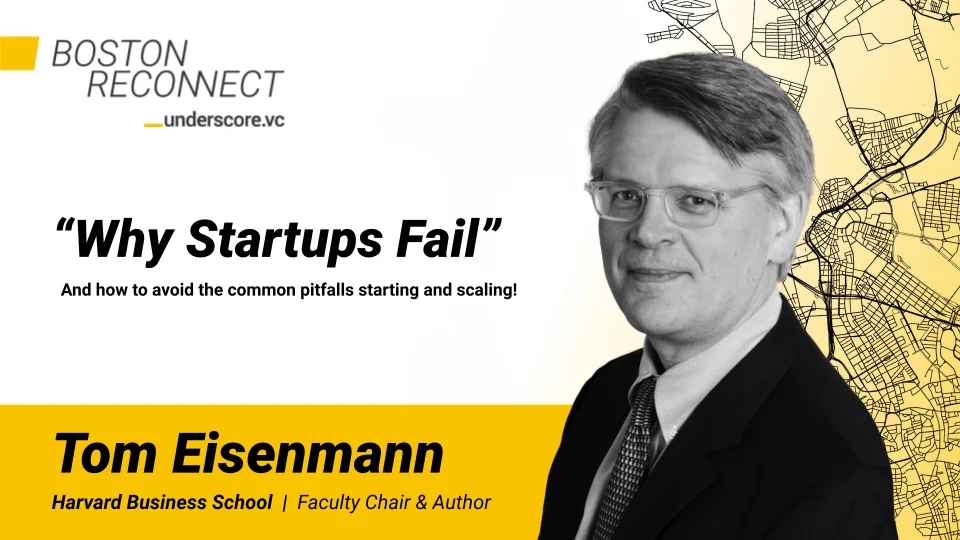How painful patterns fail the Startups? Avoid them.
- Get link
- X
- Other Apps
In this Article: Six Reasons Why Startups Fail
When Quincy Apparel first launched back in 2011, Tom Eisenmann, Harvard Business School Professor and Chair of Harvard Innovation Labs, had complete confidence in the company. So sure this new eCommerce apparel brand would be a success, he even invested in it.
After all, he knew the co-founders well: They had been his students at HBS. And, they had executed “textbook-perfect” MVP testing to validate their idea. There was real customer demand, and the team quickly raised a $1 million Seed round.
But despite all these signals, Quincy Apparel burned through cash without making enough progress to raise more. By 2013, the company shut down. What happened?
“I could point to a lot of things that went wrong, but I couldn’t pinpoint the cause,” says Tom. After watching Quincy Apparel—and countless other startups—go through this tumultuous experience, he set out to determine the patterns of failing startups.
He surveyed 470 early-stage founders as part of his years-long research and published his findings in the new book, Why Startups Fail: A New Roadmap for Entrepreneurial Success. Tom shared some of this research at our Boston Reconnect event in a conversation with Lily Lyman, Underscore VC Partner, moderated by Richard Dulude, Underscore VC co-founding Partner.


Six Reasons Why Startups Fail
To kick off the conversation, Tom first defined failure as ventures in which “early-stage investors did not or never will make money.” Through his detailed research, Tom identified six key patterns that cause startups to fail.
1. Good Ideas, Bad Bedfellows: Involving the Wrong People
This first pattern of why startups fail is around early team formation. Bad Bedfellows can sink a startup, and they can include founders, co-founders, early
- Get link
- X
- Other Apps
Comments
Post a Comment